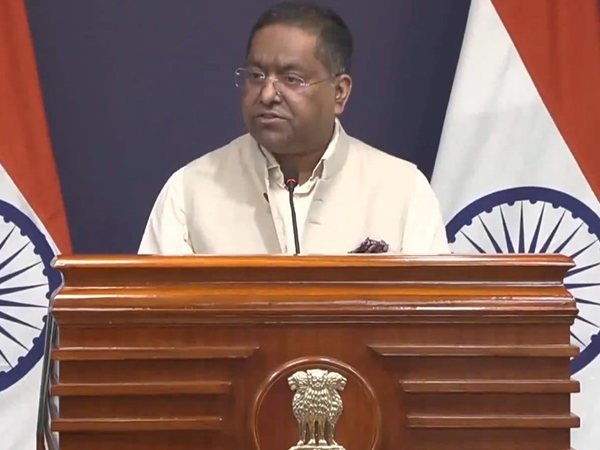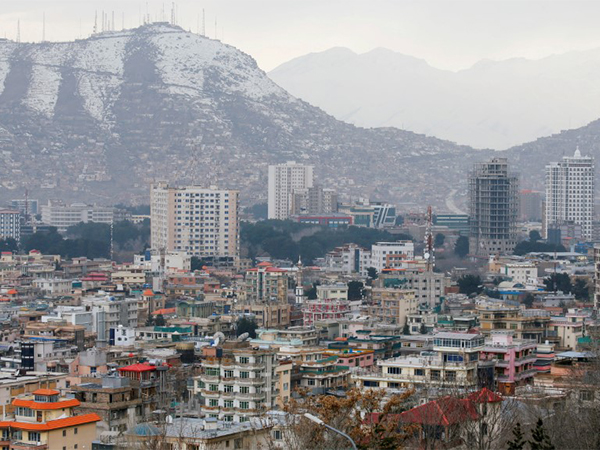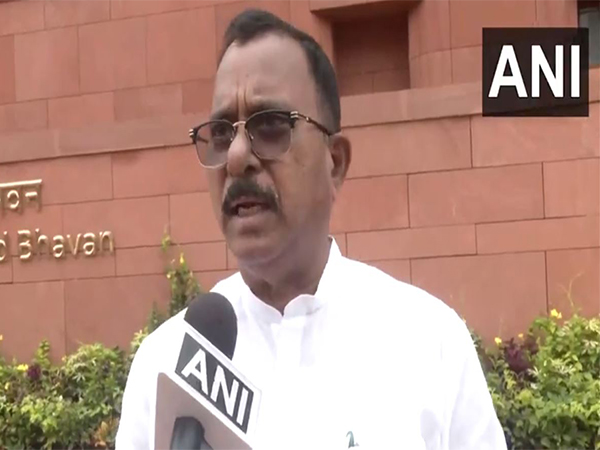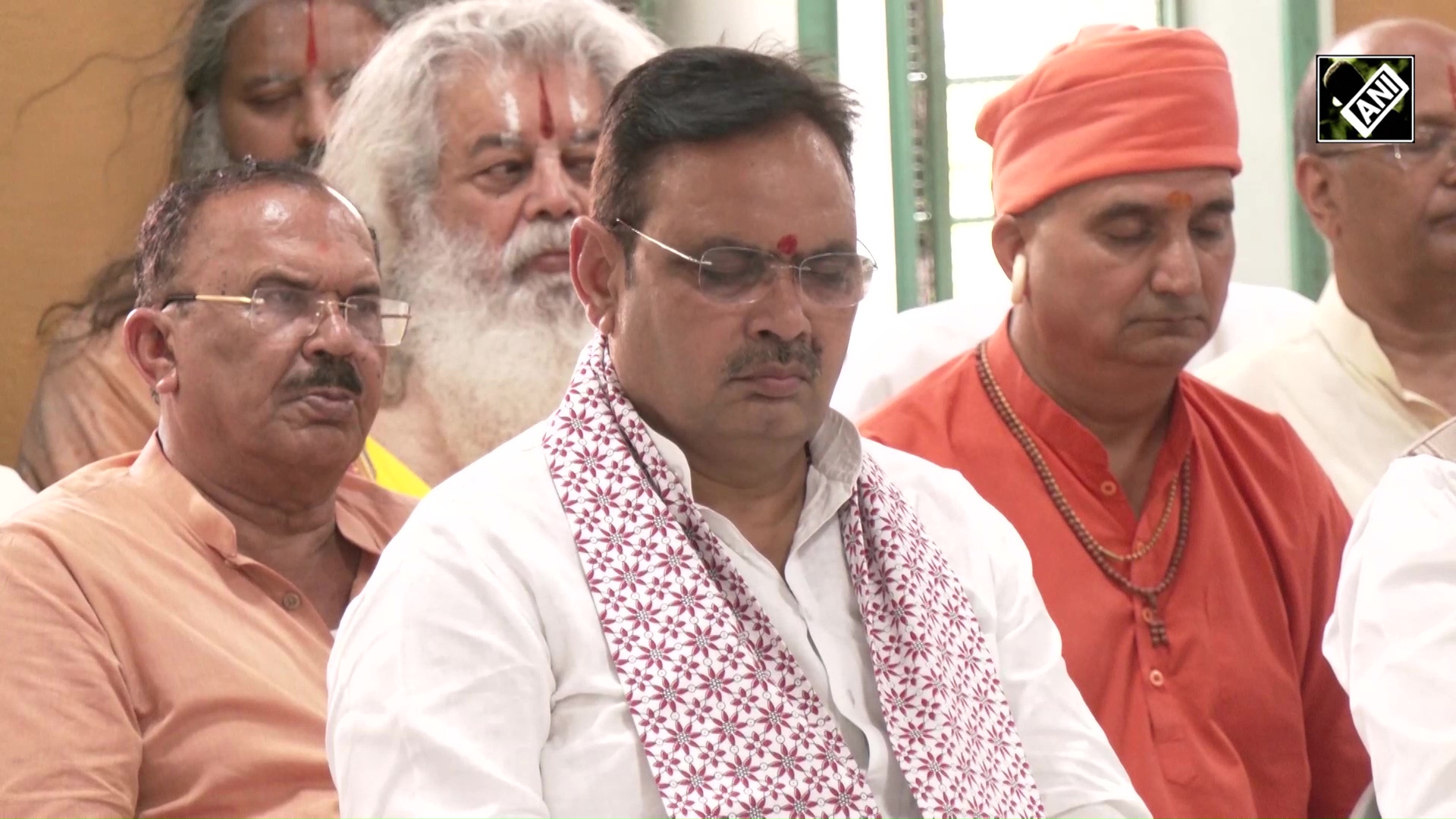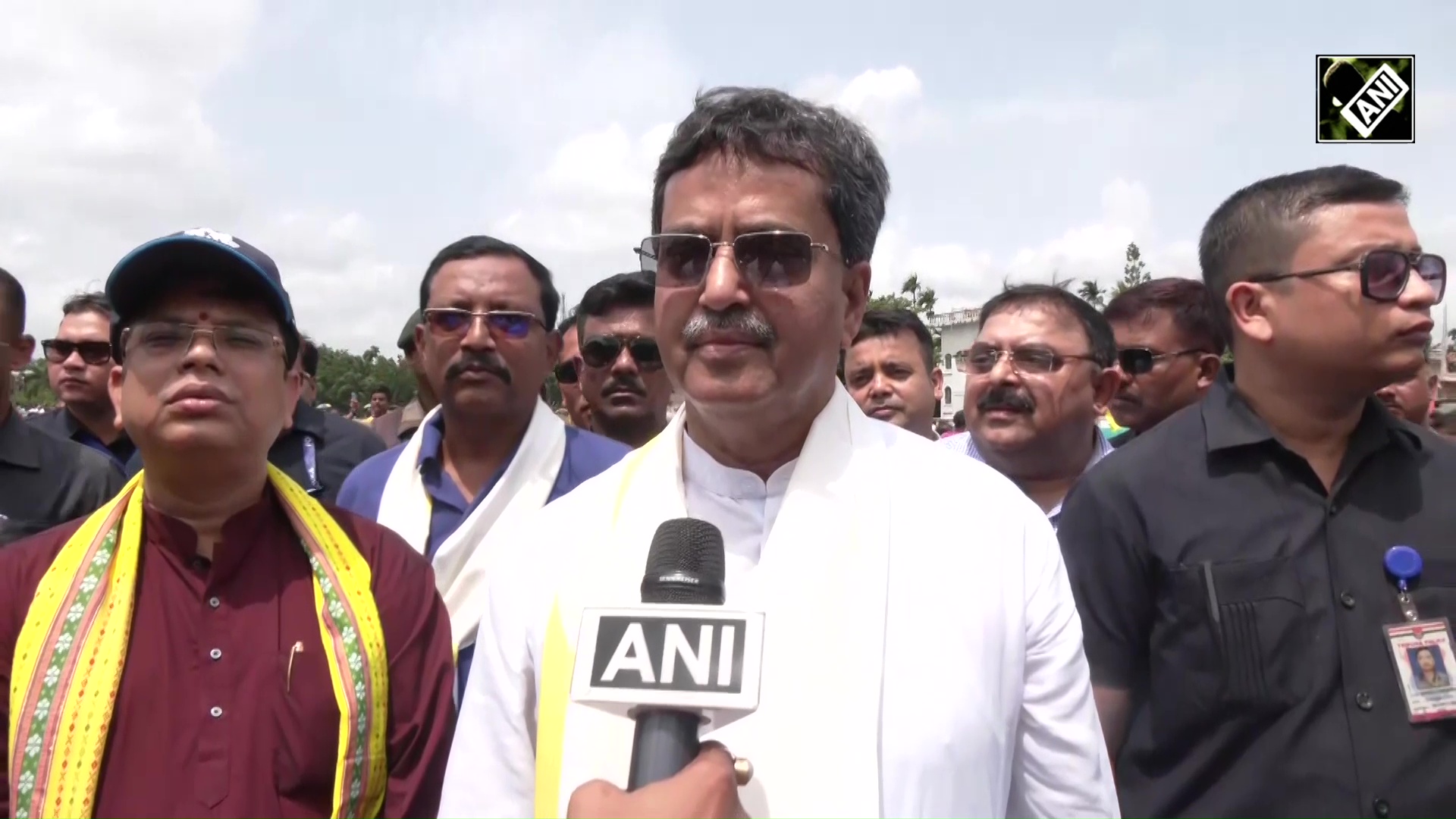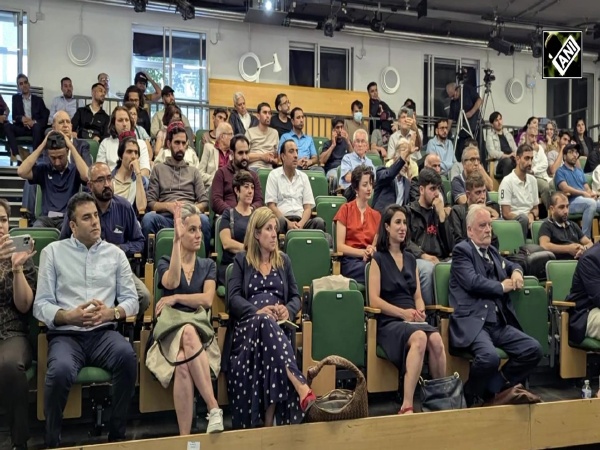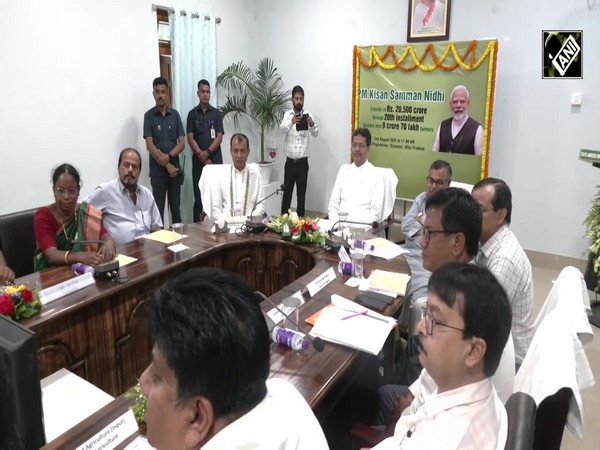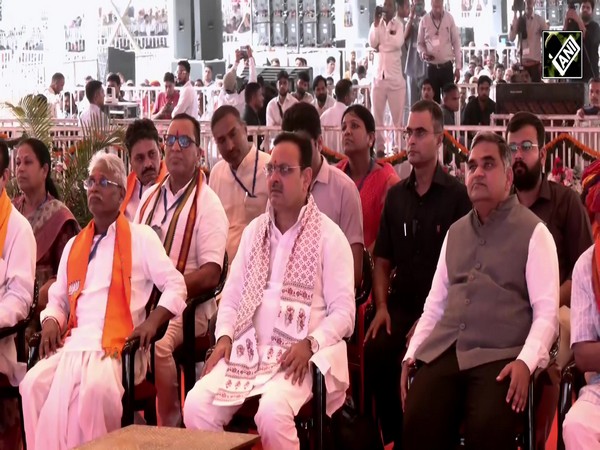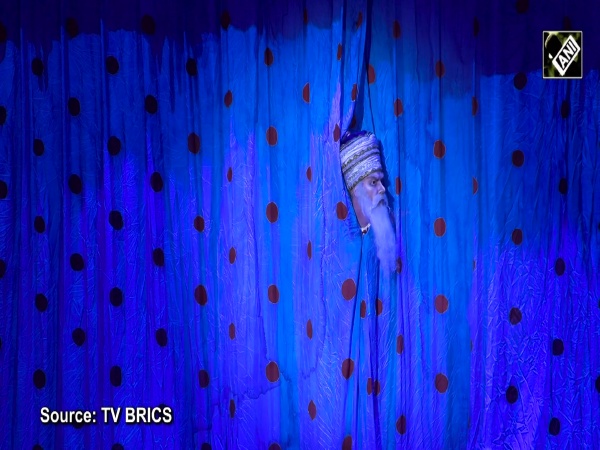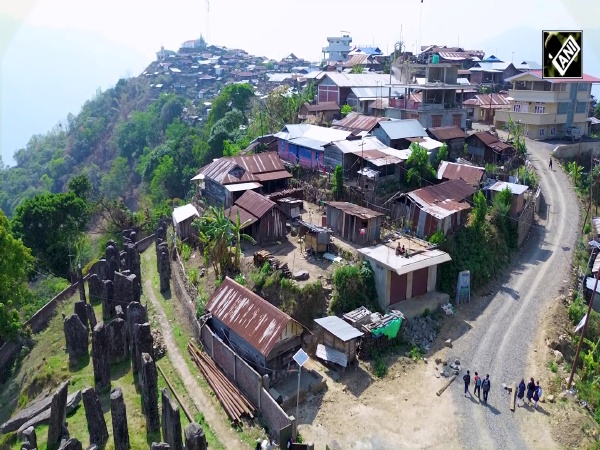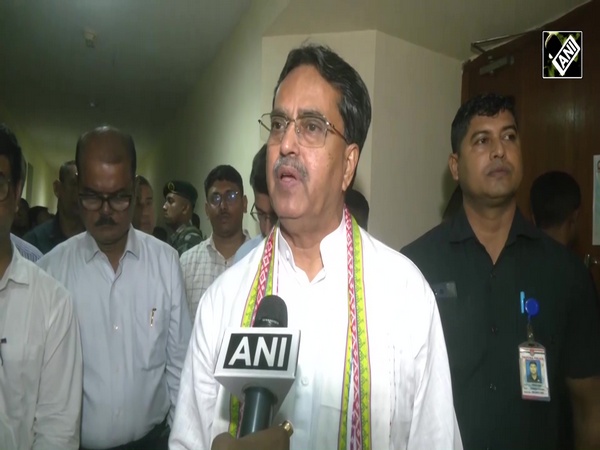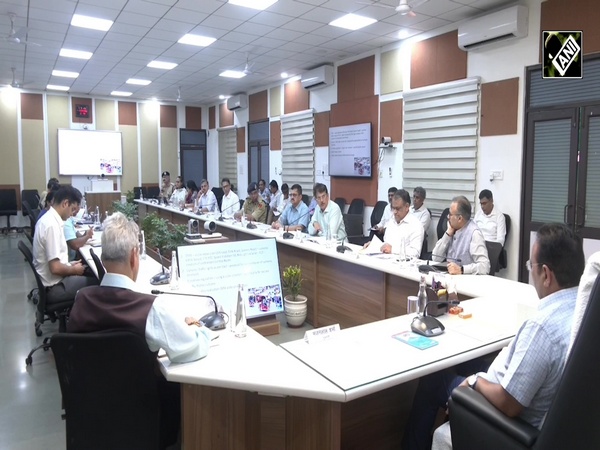'Taliban wants to remain in power but disagrees on how to govern'
Jun 11, 2022

Kabul [Afghanistan], June 12 : Slamming the Taliban's political, economic and social policies for Afghanistan during a discussion with the Council on Foreign Relations, United Nations Assistance Mission in Afghanistan (UNAMA) political affairs chief Scott Smith has highly criticised the organization and stated that all they want is to remain in power as a government, but they disagree on how to govern.
The official has referred to the closure of girls' schools for classes 6 and above as an example of Taliban leaders' strict disagreement, claiming that Kabul and Kandahar are not on the same page about the matter and that Taliban leaders are divided on various matters, Khaama Press reported.
The suspension of girls' schools was the biggest disagreement the Taliban leaders has among themselves noting as some high-level officials were in favour but a number of other senior Taliban officials were totally against, asserting that Kandahar will make the final decision, UNAMA senior official, Smith further stated,
In a report by Radio Azadi, "All the Taliban want is to remain in power as a government, but they disagree on how to govern. For the past ten years, a Taliban group in Doha has dealt with the international community and is cognizant of global issues, whilst another group has been involved in the war. When we call for schools to reopen or for women to not be forced to wear the hijab, the first group responds that they will lose their fighters' trust," Khaama Press quoted Smith as saying.
The Taliban's Deputy Foreign Minister, Shir Mohammad Abbas Stanekzai also criticized the Taliban for closing girls' schools on May 22, claiming that denying Afghan girls education was equivalent to "eating half of the country's population," while he also condemned the Taliban's political, economic, and social strategies.
Most female workers in government institutions have been denied access to work since the Taliban assumed control of the country last August, and a number of them have been fired.
Meanwhile, the Taliban has suspended the secondary education of girls and enforced a strict form of Hijab. They have also provided no opportunities for Afghan women to participate in political and public life, to fit the pattern of absolute gender segregation that is aimed at making women invisible in society.
The atrocities of the Taliban against Afghan women have been on an incessant surge since the organization seized power in Afghanistan in August last year, banning young girls and women of humanitarian rights.
Notably, the situation of human rights in Afghanistan has worsened since the collapse of the Afghan government and the Taliban seized power in August last year as illegal trafficking of Afghan children and the illegal sale and purchase of goods are on a subsequent rise in the region.

